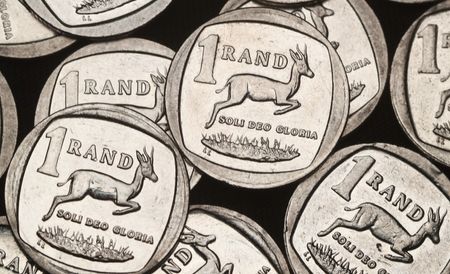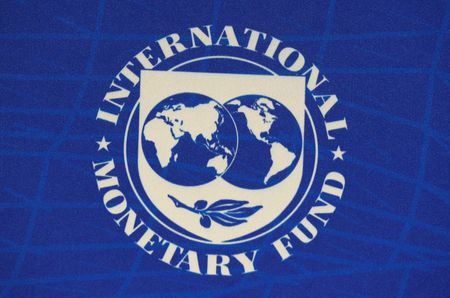By Miguel Gomes
LUANDA (Reuters) -A loan to Angola from JPMorgan, which was the subject of a $200 million margin call during a market selloff caused by U.S. trade tariffs, cost just below 9%, the finance ministry said.
This was less than what the country would have paid for conventional debt, the ministry added.
It was responding to comments from analysts that the margin call highlighted the growing costs heavily indebted African nations are facing as they increasingly resort to unconventional financing deals due to various factors limiting their access to international debt markets.
The Southern African oil exporter entered the deal, which is known as a Total Return Swap, in two tranches of $600 million and $400 million in December.
“The loan with JPMorgan has a cost within 9%. The cost of this financing is below what would currently be required for a conventional issue,” the ministry told Reuters, sharing the information on the cost of the deal for the first time.
The full terms of the swap were still not publicly available.
JPMorgan has not commented on the deal or the April demand to Angola’s government for additional security for the loan.
The price of Angola’s 2030 bond, which serves as collateral for the loan from JPMorgan, fell from 100 cents on the dollar at the end of March to a low of 86 cents during the selloff, before recovering to 95 cents last week, market participants said.
Angola’s 2032 bond is trading with a yield of 12.63%, having recovered slightly from last month but still in double-digit territory which points to limited market access.
The margin call came after trade turmoil fuelled concerns over global economic growth and contributed to a slide in the price of crude oil, a key export earner for Angola. This in turn sent the country’s international bonds sharply lower.
The government has said its ability to produce the $200 million immediately and in cash was a sign of strength. However, it has also said it would be cautious with lending plans ahead.
“The current situation requires a great deal of thought and, following this vision, we will try to be restrained when taking on new responsibilities,” the ministry said.
(Reporting by Miguel Gomes; Writing by Duncan Miriri; Editing by Karin Strohecker and Emelia Sithole-Matarise)









